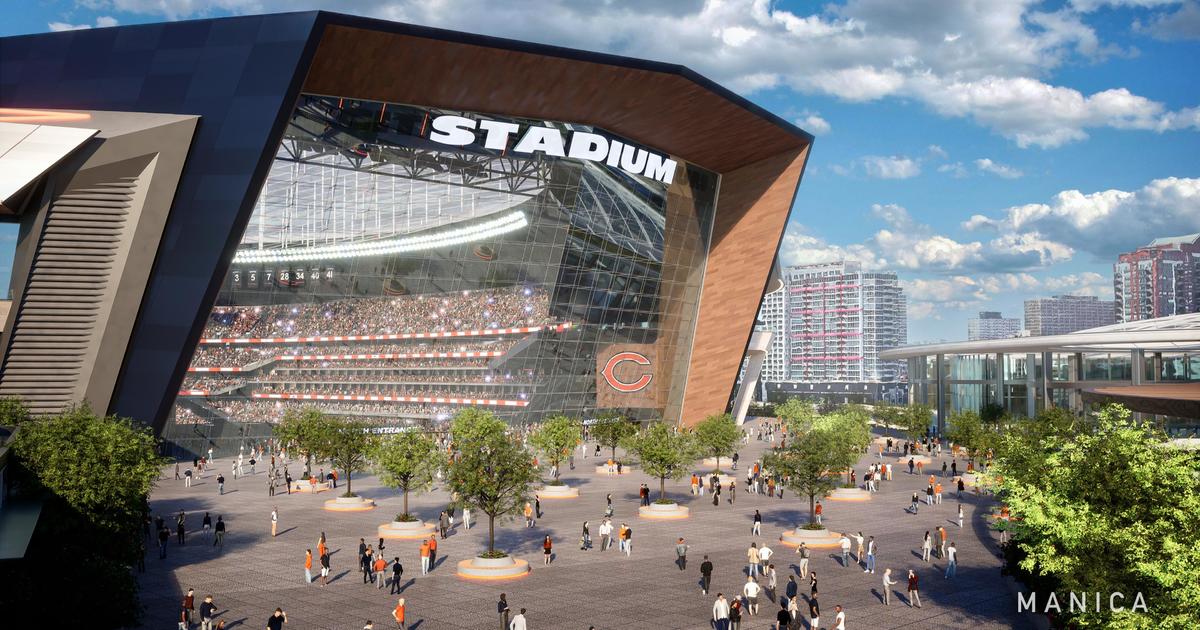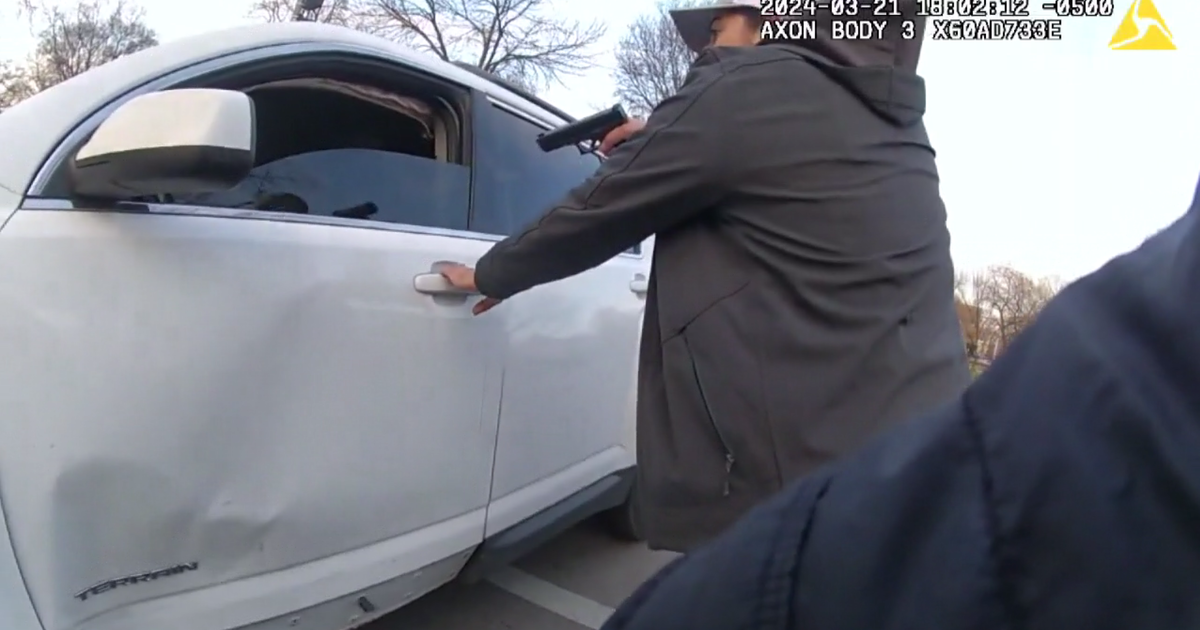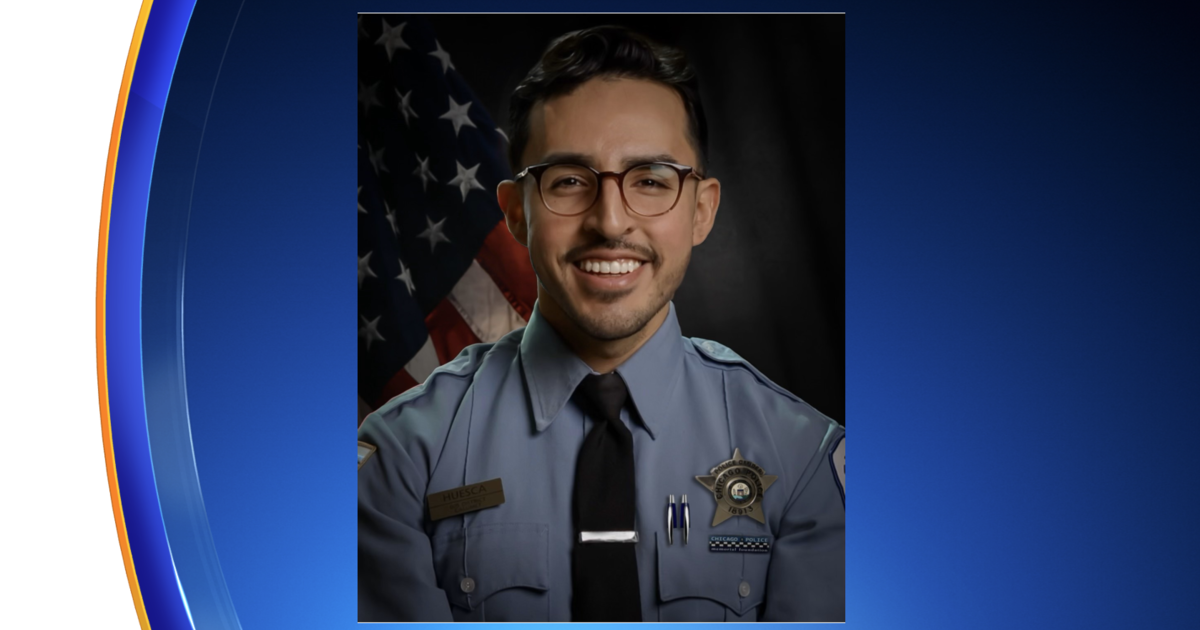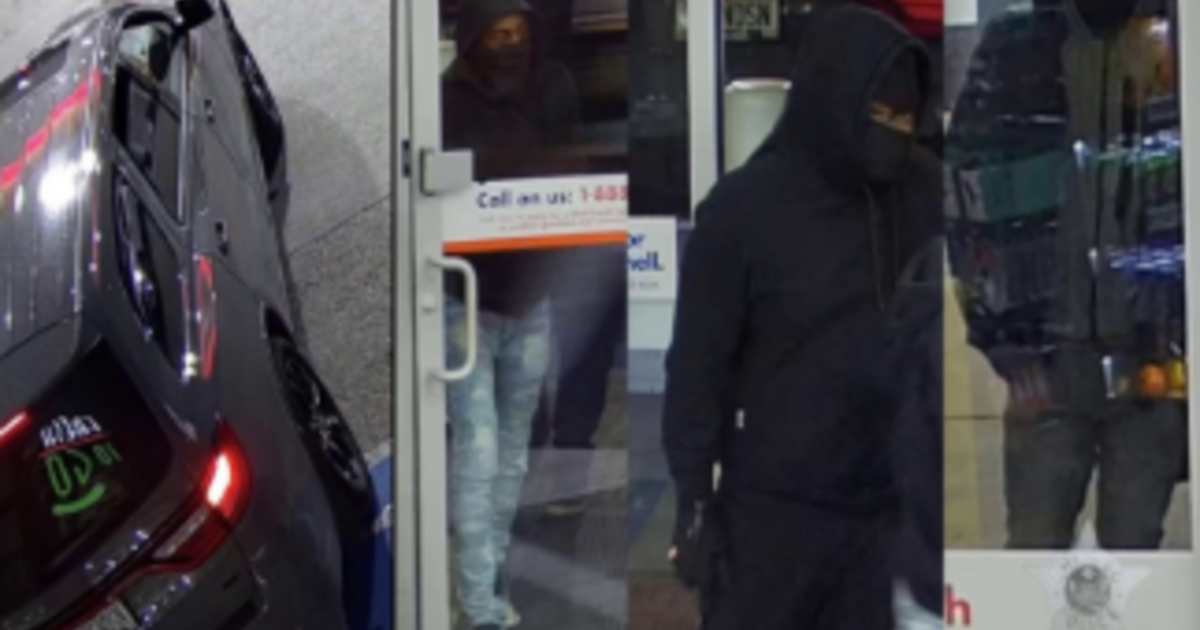'Frequent Fliers' Are Hidden Drain On Chicago's Ambulance Services; One Patient Called 911 400 Times In 18 Months
By Pam Zekman and Dan Blom
CHICAGO (CBS) -- On the streets, where paramedics barely get a break, let alone the opportunity to return to headquarters, there is a group of patients known as "frequent fliers."
These are the people who routinely call 911 for an ambulance, even though it might not be medically necessary. Sometimes the patient may need a prescription refill or maybe a ride to a doctor's appointment. Paramedics say these calls take valuable time and resources away from true medical emergencies.
The home with one of the highest numbers of 911 calls is in the Belmont Cragin neighborhood. Marisa Diaz lives there. Years ago, Diaz was the victim of a motorcycle accident which left her mostly paralyzed.
"I have to go to the emergency room depending on how I feel," Diaz said. "I'm quadriplegic and it's hard for me, so I frequently call them for help."
From Jan. 1, 2018 through June 30, 2019 Diaz called 911 for help 408 times. During that 18 months, records show that ambulances were dispatched 204 times and fire trucks were sent 133 times. Fire trucks with a paramedic on board are sent when an ambulance is not readily available. That means an EMS vehicle was sent to Diaz's home about 4 times a week.
"They come and ask me why did I call them, and they take my vitals and and then we'll go," Diaz added. "It's really up to me. If I want to go or if I refuse the ride."
"That's wrong," said Chicago Paramedic Field Chief Patrick Fitzmaurice.
Fitzmaurice has been a vocal critic of the city's ambulance shortage and those who misuse it.
"But a bigger problem is we have done nothing about it," Fitzmaurice added. "We did nothing. We stood by and watched."
The CBS 2 Investigators have pointed out problems with Chicago ambulance response times for years.
In December, CBS 2 analyzed nearly 700,000 calls covering nearly two years worth of ambulance and fire truck response time data provided by the city's office of emergency management.
That data showed that 19% of all 911 medical emergency calls for help took more than seven minutes for a fire truck or ambulance to respond. That's 137,064 people waiting for an ambulance. The city's response goal is six minutes.



